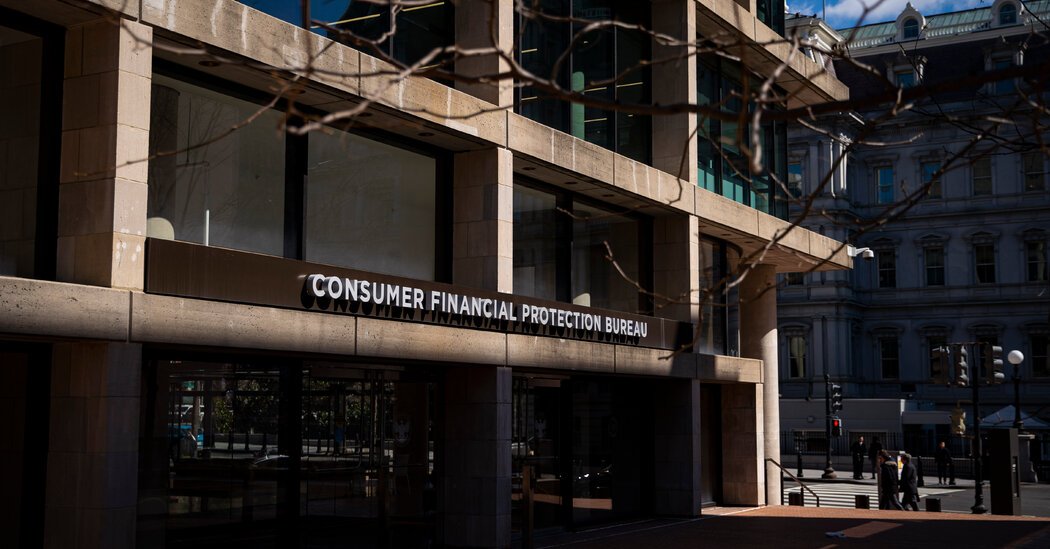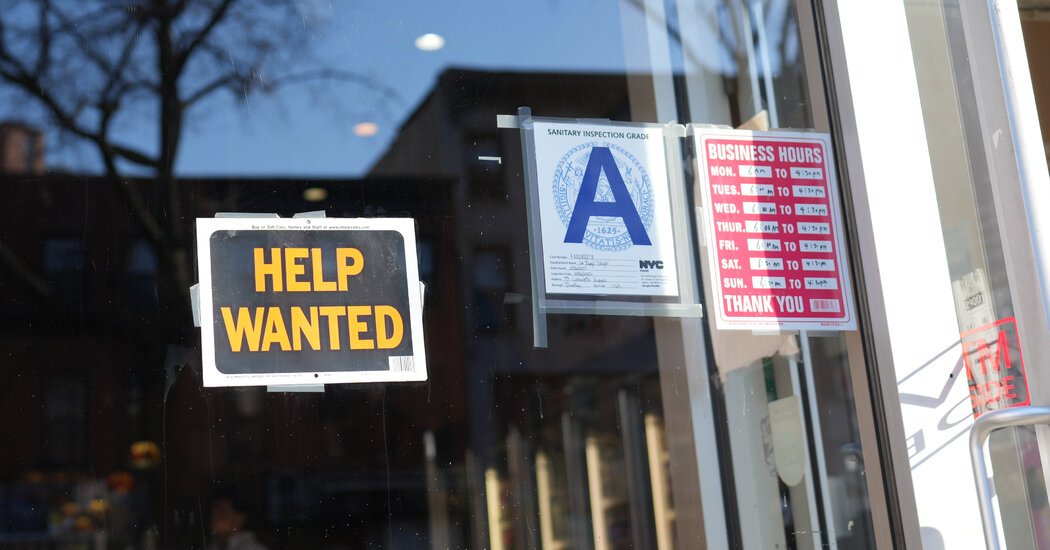The Consumer Financial Protection Bureau on Monday finalized a plan to create a public registry of nonbank businesses that have been penalized for violating consumer protection laws, a roster some have called a “rap sheet” for companies.
The goal, the consumer bureau said, is to make it easier for consumers, watchdogs and government prosecutors to identify patterns and recurrences.
“Too many American families and businesses have been harmed by repeat offenders in a rinse-and-repeat cycle of illegal activity,” Rohit Chopra, the bureau’s director, said at a news conference. “When companies believe that violating the law is more profitable than following it, this totally undermines public trust and harms businesses who are playing by the rules.”
The bureau estimates that at least 1,500 and as many as 7,750 companies will be subject to inclusion in the registry. The database will compile orders from state, federal and local governments and courts against companies that have faced sanctions for lawbreaking.
It will also capture those subject to consent orders, a common outcome of settlement deals. That means companies that legally resolved issues without admitting wrongdoing will be included in the registry.
The consumer bureau said it would omit banks and credit unions — a frequent target of regulatory fines and penalties — from the registry because the four federal regulators who cover that industry already publicly publish their consumer protection orders. But it may cover some bank holding companies.
Business lobbyists forcefully opposed the plan, which the bureau first proposed in late 2022. Six trade groups, including the U.S. Chamber of Commerce, sent a letter to the bureau last year criticizing the proposed registry as burdensome and unnecessary.
“Naming and shaming companies and their executives may win headlines and collecting consent orders may give plaintiffs’ attorneys a road map for litigation, but neither helps consumers,” the groups wrote.
Supporters argued that such a registry would help people evaluate the companies they do business with. Public Citizen, an advocacy group, said a “public rap sheet for corporations” would help consumers “see if a particular company is worth the risk.”
The database will operate as something of a companion to the consumer bureau’s popular complaints database, which lets people file public grievances about inaccurate bills, illegal fees, improper overdraft charges and other issues. Bureau officials said they expected the public portions of the new offender registry to go online sometime next year.
Public information on nonbank companies tends to be scattershot, bureau officials said. Covered companies will include debt collectors, credit bureaus, and payday and mortgage lenders. Starting in January, they will be required to annually report agency orders and court judgments to the consumer bureau, and to have a senior executive affirm in writing that the company is complying.
“Including law enforcement orders from across many jurisdictions will help the C.F.P.B. ensure one-time offenders do not become repeat offenders, and that repeat offenders do not continue violating the law,” Mr. Chopra said.







